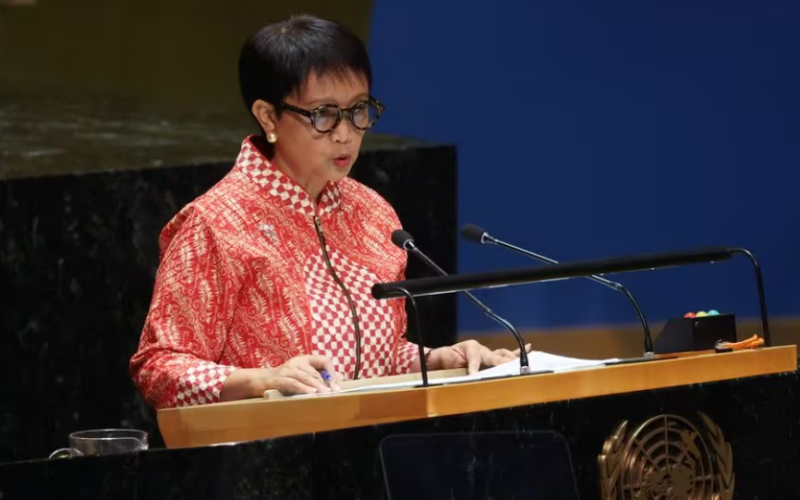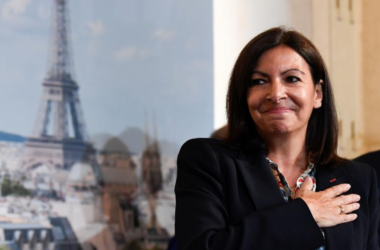In a significant diplomatic move, Indonesia’s Foreign Minister, Retno Marsudi, declared on Tuesday the country’s readiness to collaborate with fellow Southeast Asian nations in finalizing a long-awaited code of conduct for the South China Sea. The region has been marred by overlapping claims involving several neighboring nations and China. Despite challenges and delays, Indonesia aims to work with ASEAN member states, including the Philippines, to expedite the formulation of this crucial code.
During a joint press conference in Manila with Filipino counterpart Enrique Manalo, Retno Marsudi emphasized Indonesia’s commitment to cooperative efforts in resolving South China Sea disputes. The Foreign Minister conveyed Indonesia’s readiness to collaborate with all ASEAN member states, particularly highlighting the Philippines, to conclude the Code of Conduct at the earliest opportunity. The statements were made ahead of a visit by Indonesian President Joko Widodo, underlining the diplomatic significance of the occasion.
The Association of Southeast Asian Nations (ASEAN) and China have been engaged in prolonged efforts to establish a framework for negotiating a comprehensive code of conduct since 2002. However, progress in this endeavor has been sluggish, despite commitments from all involved parties to expedite the process. The South China Sea remains a focal point of regional tension, with overlapping territorial claims creating challenges for peaceful coexistence.
China asserts its claims over the South China Sea through the controversial “nine-dash line,” a delineation that extends as far as 1,500 km (900 miles) south of its mainland. This expansive boundary cuts into the exclusive economic zones of Brunei, Indonesia, Malaysia, the Philippines, and Vietnam. The contentious nature of these claims led to an international arbitral tribunal ruling in 2016, which invalidated a significant portion of China’s claims. Beijing, however, rejected the ruling, further complicating the already intricate web of regional disputes.
The ongoing diplomatic efforts by Indonesia highlight the urgency of establishing a comprehensive Code of Conduct for the South China Sea. Such a code would provide a framework for the peaceful resolution of disputes, enhancing regional stability and cooperation. The collaborative approach with ASEAN nations, including the Philippines, underscores the collective commitment to addressing the complex geopolitical challenges posed by the South China Sea disputes.
Indonesia’s proactive stance in working with ASEAN countries to finalize the South China Sea Code of Conduct signifies a crucial step towards regional stability and conflict resolution. As diplomatic efforts continue, the collaboration between nations becomes paramount in navigating the intricate challenges posed by overlapping claims and geopolitical tensions in the contested waters. The commitment expressed by Indonesia serves as a beacon of hope for a peaceful and cooperative future in the South China Sea region.








